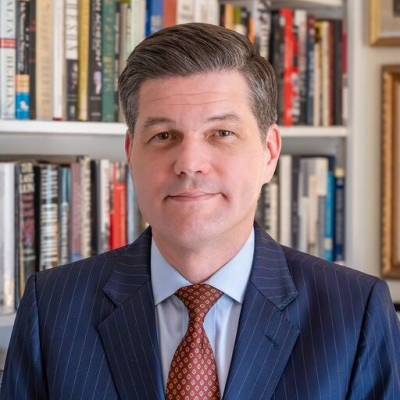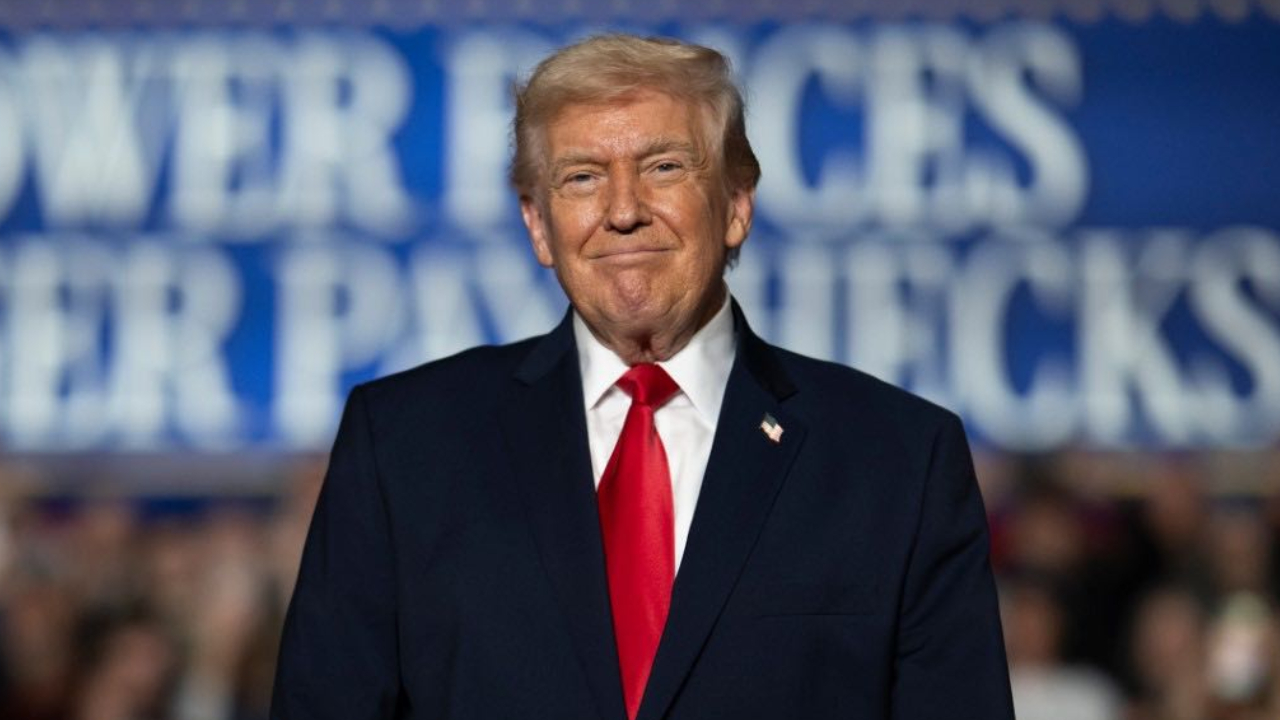US: The fatal friend
“It may be dangerous to be America's enemy, but to be America's friend is fatal.”
This is the famous quote of Henry Alfred Kissinger, who was the Secretary of State of the US between 1973-1977.
Kissinger played a prominent role in US foreign policy in the early 70s. Especially, with his role in ending the American involvement in the Vietnam War, he received the 1973 Nobel Peace Prize. Just as he states in his famous quote, the US had abandoned its "friends", South Vietnamese in this war. After there wasn't any interest for the US in prolonging the war, the US left them in their fate. A lot of South Vietnamese leaders have died in exile, some of them on American soil.
The same pattern of abandoning "friends" would continue in the coming decades.
An awful legacy
For a long while, the world is divided between some superpowers. This political atmosphere especially made itself evident during the Cold War era and afterwards. So it's understandable for small countries and powers to try being friends and partners with the superpowers.
Most particularly, actors who are active in the regions situated on the political fault lines in the world are keen to make such decisions.
And when we take into account the US's policy of global domination too, it becomes more and more common to see such "forced friendships".
In the last decade, the US gave its friends hard times.
The US's sudden pullout in some regions of Syria became a disaster for YPG. Their "moderate-Shia" friends in Iraq suffered a fatal blow in front of ISIS and on the other hand Iran-backed Shia groups when they cut their support to the Baghdad government.
In Afghanistan, they didn't care about the fate of their "friends" who fought for them since 2001. These "friends" made enemies from their countryman and their kin for the sake of the US and its help. But all of these "sacrifices" were in vain. Ultimately, the US followed its path and went after its interests.
And they didn't care about "loyalty to their friends". Most of their political friends in these theatres had disappeared in the dustbin of history after they lost the US's support.
Pacific and East Europe: New horizons but old habits
After the so-called "War on Terror" weakens the US's unquestionable hegemony and rise of the players like China and Russia, the US is forced to change its focus.
Nowadays, the US repositioning its troops from the Middle East and Africa to the Pacific and Europe. Notably, Eastern Europe and Western Pacific are in the spotlight.
Russia's expansionist and aggressive policy towards Ukraine, the Baltic region, and Eastern Europe is ignored for a long time by the US. This offhandedness resulted in the direct invasion of Crimea and the Donbas region. And Russia operating freely in Belarus and threatening the Baltic region also. Under Vladimir Putin's leadership, Russia's policies put all of Europe through the mangle. Countries like Germany are dependent on Russian gas and Russia's hegemony sometimes surpassing the US'.
On the other hand, as a rising economic power, China is threatening the US' hegemony in the Pacific region and beyond. Treating the Western Pacific as its backyard, Xi Jinping's China now acquiring economic superiority and gaining influence over West-Southwest Asia, Africa, Europe, and the Middle East. The US' former "friends" are flirting with China today.
For countering China and Russia, the US and its Western allies will surely need some allies, partners, and "friends". As I think and see, apart from Israel, the United Kingdom and France, and maybe Germany, there isn't any country that we can freely label as the "ally" of the US. But if we talk about "friends", there are many.
Especially nowadays, countries facing the China and Russia threat, like Ukraine and Taiwan, are forced to be "friends" with the US to sustain their independence. For instance, we can look at Ukraine's situation in the face of Russia. Their vital lands like Crimea and Donbas are invaded and Russia threatening them with more invasion. There are three options for countries like Ukraine and Taiwan:
- Becoming a satellite state of Russia/China
- Being invaded by them
- Or entering a "fatal friendship" with the US
As we can predict, they chose the third one. But if we look at the current situation, I think there aren't any serious attempts by the US for saving their "friends" from the grasp of Russia/China.
If the US sustains this notion of "fatal friendship" and abandons their "friends" in the face of "enemies", they are doomed to defeat in their new battlefronts, Eastern Europe and Western Pacific. And in the coming years, local countries bordering Russia/China's sphere of influence can choose these new superpowers instead of the US' fatal friendship. Ultimately, this will cause serious damage to the US hegemony.
The views expressed in this article belong to the author and do not necessarily reflect the editorial policy of Mepa News.









